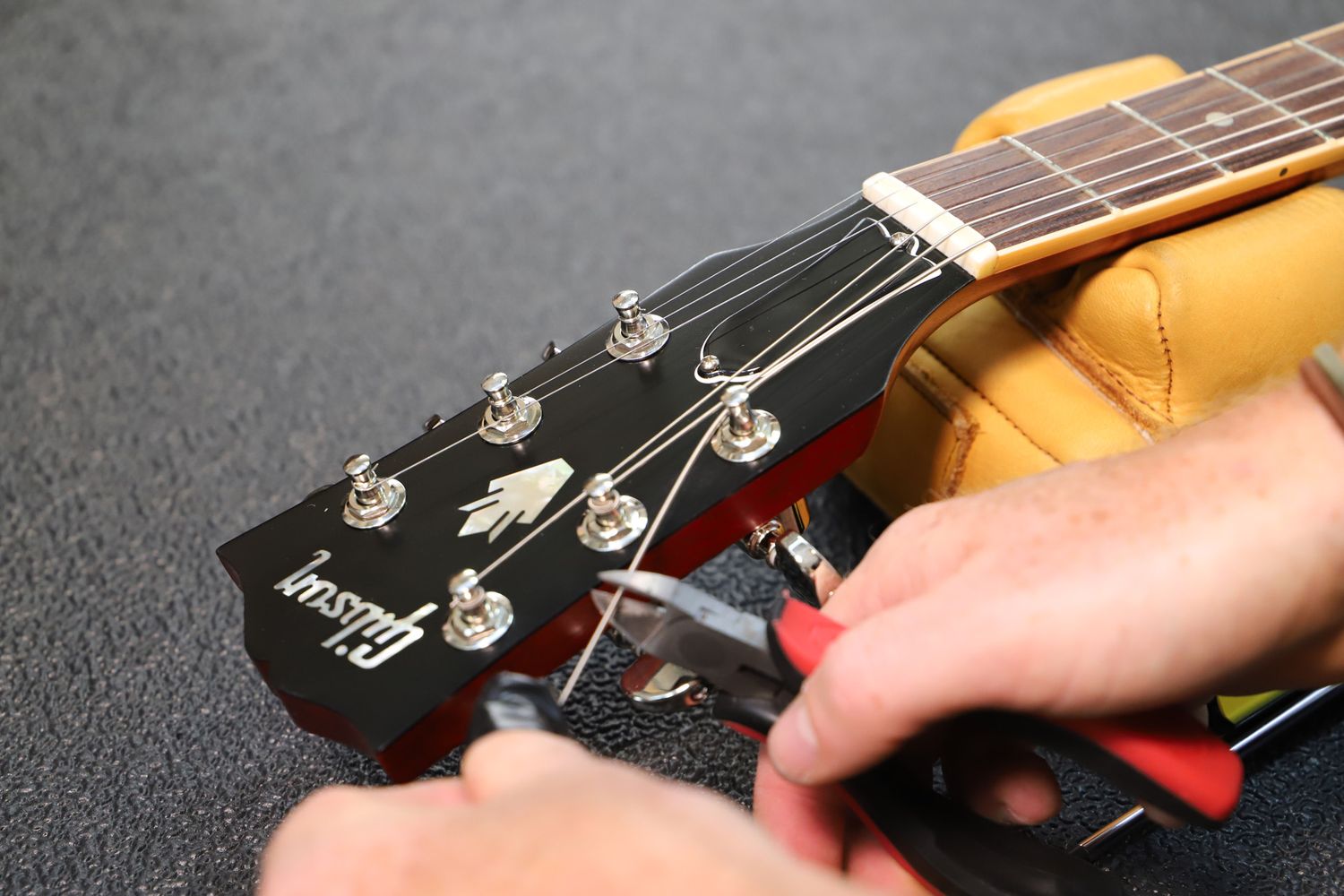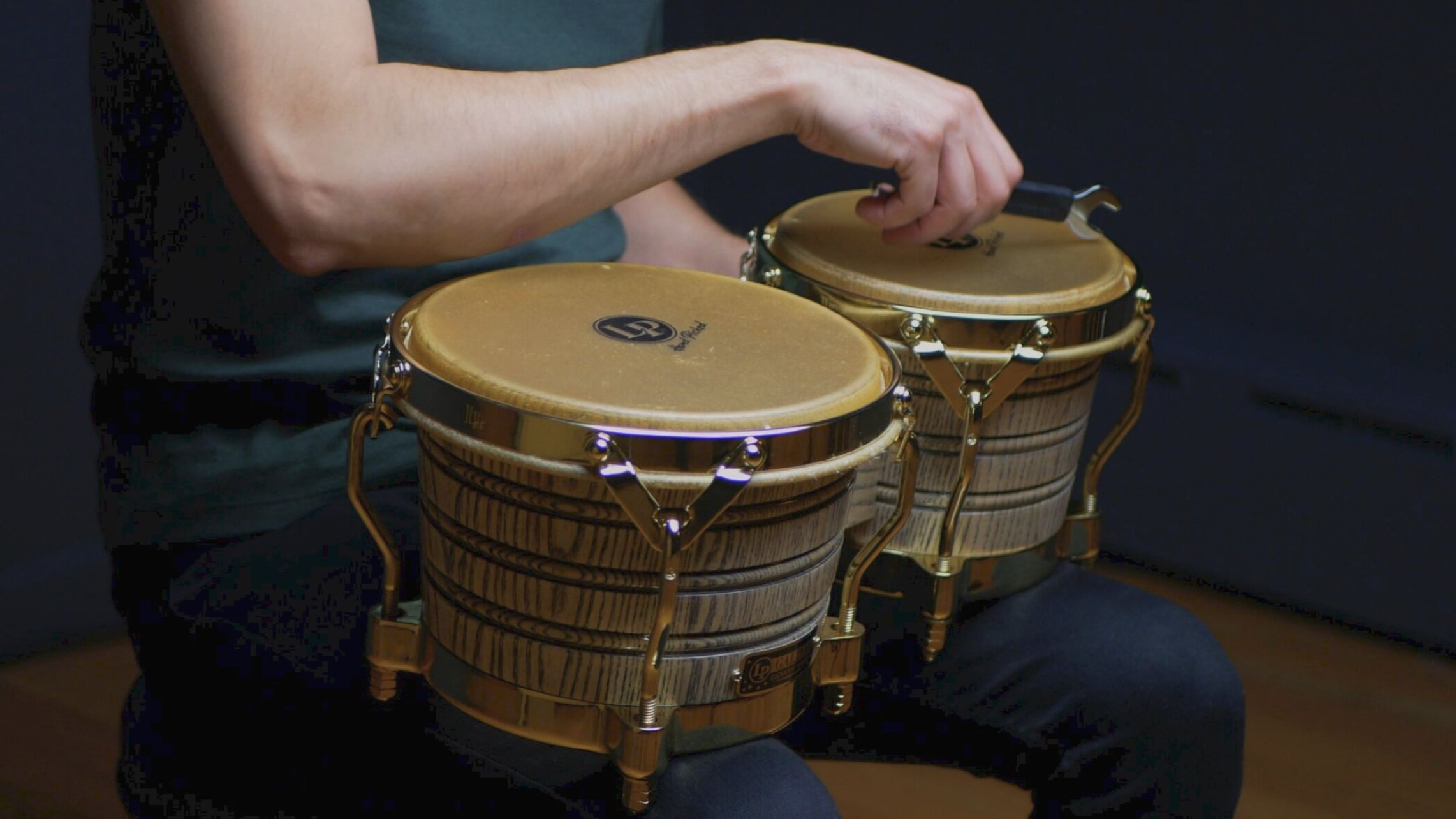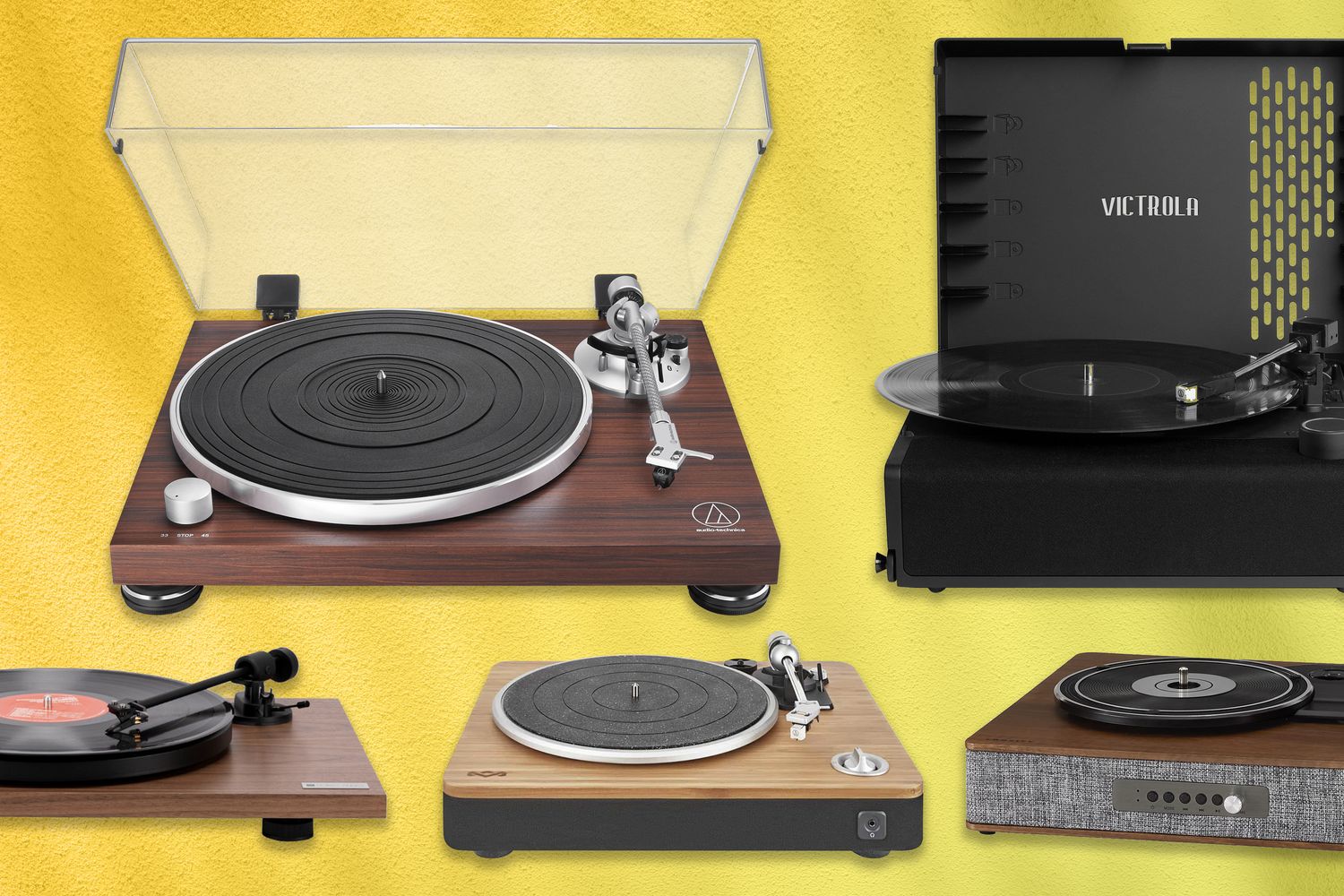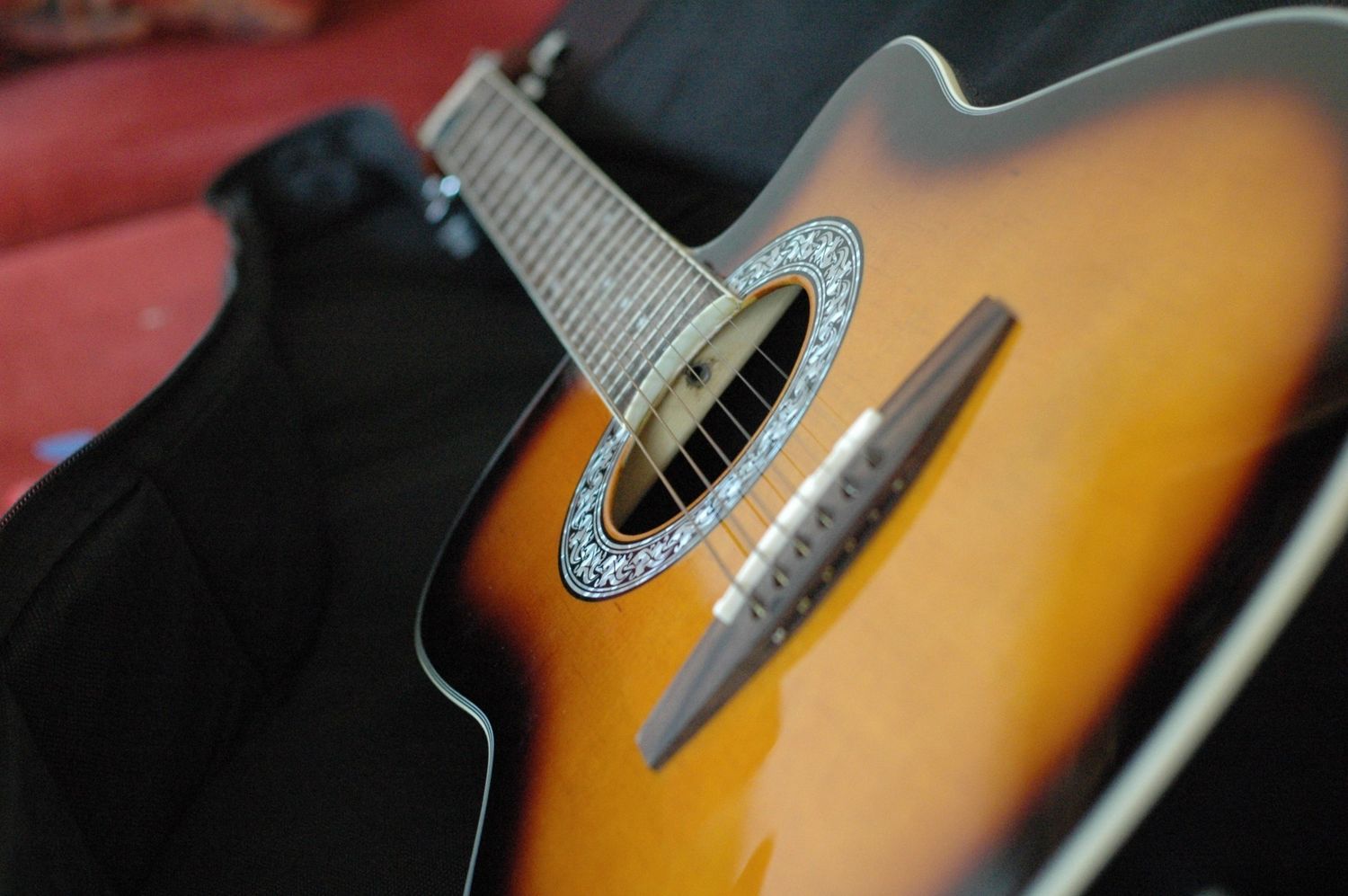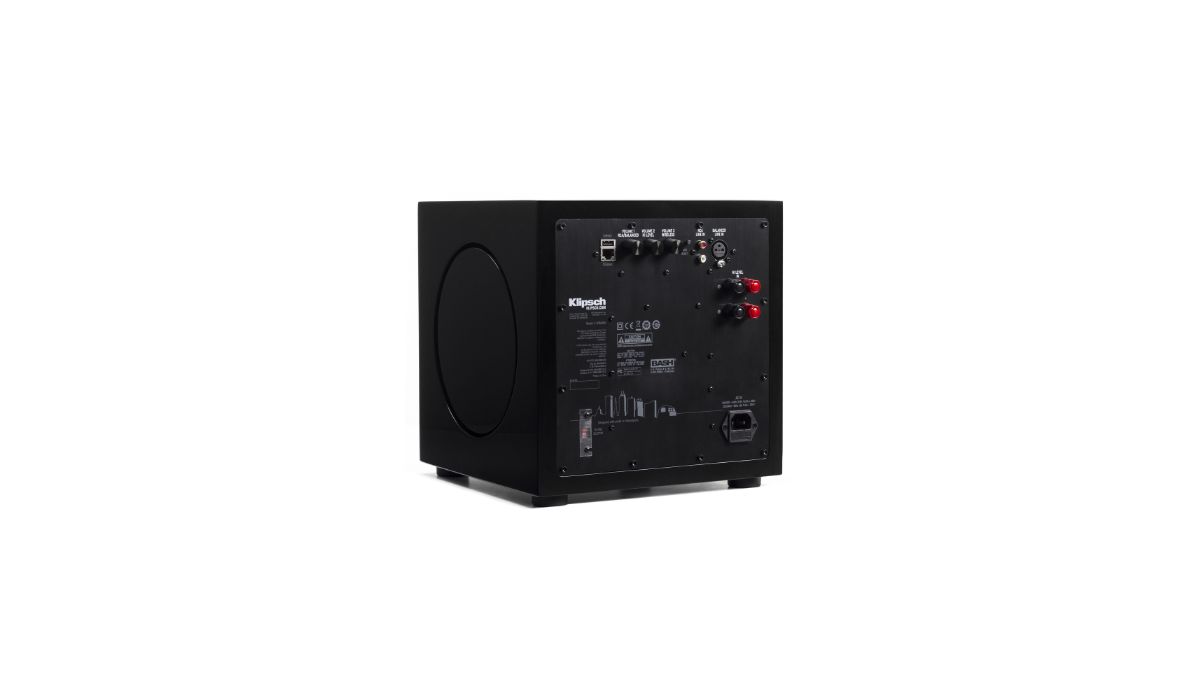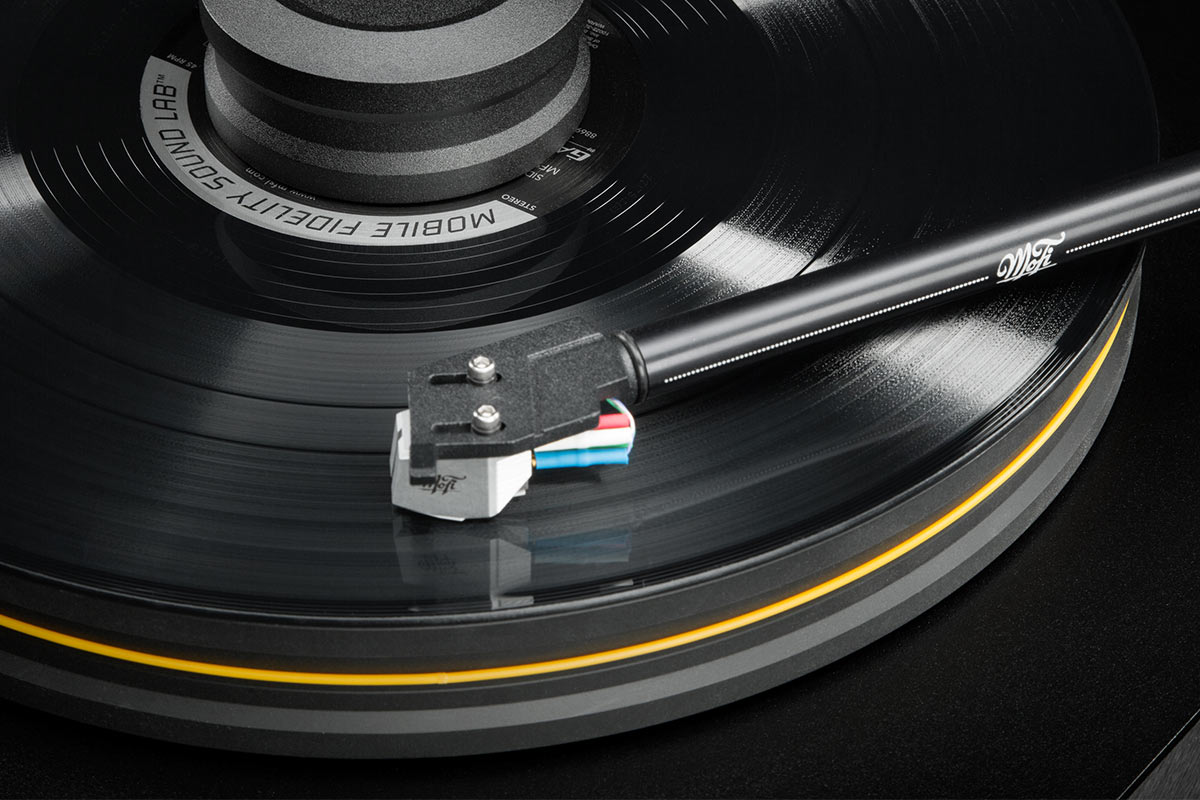Home>Instruments>Guitar>What Kind Of Guitar Should I Get
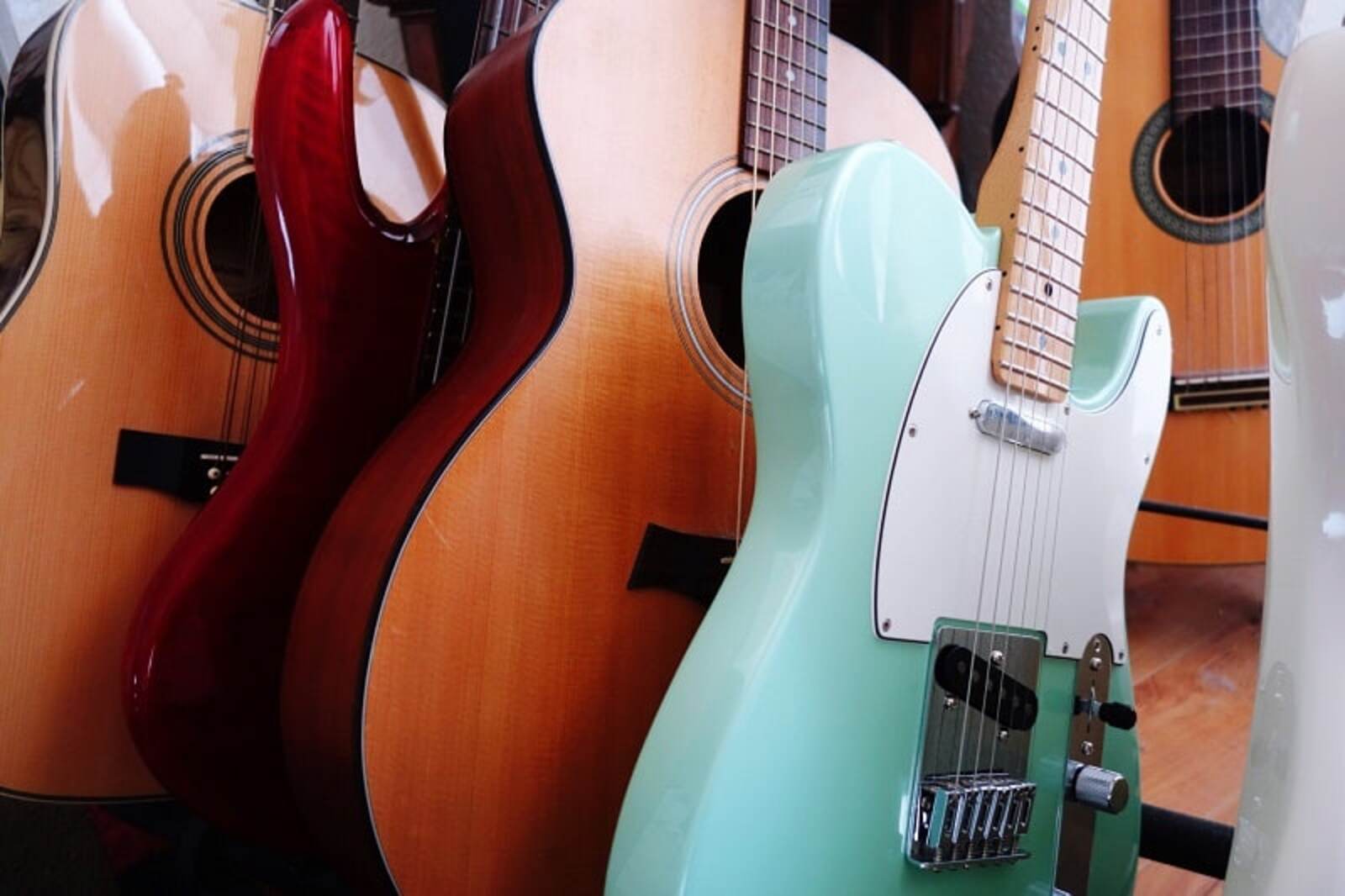

Guitar
What Kind Of Guitar Should I Get
Published: February 15, 2024
Discover the perfect guitar for you with our comprehensive guide. Find the best type of guitar for your playing style and skill level.
(Many of the links in this article redirect to a specific reviewed product. Your purchase of these products through affiliate links helps to generate commission for AudioLover.com, at no extra cost. Learn more)
Table of Contents
Introduction
So, you've decided to embark on a musical journey and learn to play the guitar. Congratulations! The guitar is a versatile and captivating instrument that has the power to evoke emotion and create beautiful melodies. However, before you can start strumming away, you'll need to choose the right guitar for you. With a myriad of options available, ranging from acoustic and electric guitars to classical models, it's essential to understand the differences between them and consider various factors to make an informed decision.
In this comprehensive guide, we'll explore the distinct characteristics of acoustic, electric, and classical guitars, shedding light on their unique features, sounds, and playing styles. Whether you're drawn to the raw, authentic resonance of an acoustic guitar, the electrifying power of an electric guitar, or the timeless elegance of a classical guitar, we'll help you navigate the intricate world of guitar selection.
Before delving into the specifics of each guitar type, it's important to note that choosing the right guitar is a deeply personal decision. Factors such as your musical preferences, playing style, and budget will heavily influence your choice. Moreover, the tactile experience of holding and playing a guitar can't be overlooked. The way a guitar feels in your hands and the resonance it produces are pivotal aspects of the playing experience. Therefore, as you read through this guide, keep in mind that the perfect guitar for you is the one that resonates with your soul and inspires you to create beautiful music.
Now, let's dive into the enchanting world of guitars and discover the nuances that make each type unique. Whether you're envisioning yourself strumming folk tunes by a campfire, shredding electric riffs on stage, or embracing the rich heritage of classical compositions, we'll provide valuable insights to guide you toward the guitar that aligns with your musical aspirations. So, grab a seat, tune in, and let's embark on this melodious expedition together.
Acoustic Guitars
Acoustic guitars are revered for their timeless appeal and versatility. Whether you’re strumming chords to accompany your singing or fingerpicking intricate melodies, the acoustic guitar offers a rich, organic sound that resonates with warmth and depth. These guitars are available in various body styles, including dreadnought, concert, and parlor, each contributing to the instrument’s tonal character and playability.
One of the defining features of acoustic guitars is their hollow body, which amplifies the vibrations of the strings and projects the sound acoustically. This means that acoustic guitars do not require external amplification and can be played anywhere, making them ideal for intimate gatherings, songwriting sessions, and outdoor performances. The acoustic guitar’s portability and self-sufficient nature make it a beloved companion for musicians seeking to channel their creativity without relying on additional equipment.
When it comes to selecting an acoustic guitar, there are several considerations to keep in mind. The tonewood used in the construction of the guitar significantly impacts its sound. For instance, spruce is revered for its bright and articulate tone, while mahogany offers a warmer and more resonant sound. Additionally, the action, or the distance between the strings and the fretboard, influences playability and comfort. Beginners may prefer a guitar with lower action to ease the learning process, while experienced players might prioritize precise intonation and string response.
Furthermore, the choice between steel-string and nylon-string acoustic guitars is a crucial decision to make. Steel-string guitars are synonymous with folk, rock, and pop music, producing a bright and dynamic sound that cuts through the mix. On the other hand, nylon-string guitars, also known as classical guitars, yield a mellower and more delicate tone, making them well-suited for classical, flamenco, and fingerstyle genres.
Ultimately, the allure of acoustic guitars lies in their ability to convey raw emotion and capture the essence of a song with simplicity and authenticity. Whether you’re drawn to the earthy resonance of a dreadnought or the intimate charm of a parlor guitar, the acoustic guitar invites you to express your musicality with pure, unadulterated sound.
Electric Guitars
Electric guitars exude a magnetic allure, synonymous with the electrifying energy of rock ‘n’ roll and the boundless possibilities of modern music. These instruments are designed to be amplified, allowing players to explore a vast sonic landscape through the use of effects pedals and amplifiers. With their solid bodies and magnetic pickups, electric guitars produce a diverse range of tones, from searing leads and crunchy power chords to soulful blues licks and ethereal ambient textures.
One of the defining characteristics of electric guitars is their ability to shape and sculpt sound through the use of amplification and signal processing. The pickups, whether single-coil or humbucking, capture the strings’ vibrations and transform them into electrical signals, which are then amplified and manipulated to create a myriad of tones. This versatility makes electric guitars a staple in genres such as rock, blues, jazz, and pop, where expressive lead playing and intricate rhythm work are essential.
When choosing an electric guitar, factors such as body shape, neck profile, and tonewood significantly influence the instrument’s playability and tonal characteristics. For instance, a guitar with a solid body, such as a Stratocaster or Les Paul, delivers enhanced sustain and resonance, making it suitable for high-gain distortion and powerful solos. Conversely, semi-hollow and hollow body electric guitars, like the ES-335 and the iconic Gibson ES-175, offer a warmer, more resonant tone, making them ideal for jazz, blues, and roots music.
Moreover, the scale length, which refers to the length of the vibrating string from the nut to the bridge, affects string tension and overall feel. Shorter scale lengths, like those found on Gibson’s Les Paul models, offer a more relaxed playing experience and facilitate bending and vibrato techniques. On the other hand, longer scale lengths, such as those featured on Fender Stratocasters, provide a tauter feel and pronounced clarity, ideal for intricate chord voicings and articulate lead playing.
Ultimately, electric guitars beckon players into a realm of sonic exploration, where creativity knows no bounds. Whether you’re captivated by the iconic twang of a Telecaster, the soaring sustain of a Les Paul, or the sleek modernity of a Strandberg, the electric guitar empowers you to unleash your musical vision with electrifying fervor.
Classical Guitars
Classical guitars, also known as nylon-string or Spanish guitars, embody a timeless elegance and a rich heritage deeply rooted in centuries of musical tradition. Renowned for their warm, mellow tones and delicate resonance, classical guitars are the instrument of choice for interpreting classical compositions, flamenco music, and a variety of world music styles. These guitars feature nylon strings, which contribute to their distinctive timbre and offer a gentle, expressive playing experience.
One of the hallmarks of classical guitars is their wide, flat neck and low string tension, facilitating fluid fingerstyle playing and intricate chord voicings. The fretboards are typically wider than those of steel-string acoustic and electric guitars, providing ample space for precise fingerpicking and complex classical guitar techniques. Additionally, the body of a classical guitar is often smaller and more rounded than that of a steel-string acoustic, emphasizing comfort and ergonomics during extended playing sessions.
Classical guitars are revered for their ability to convey nuanced dynamics and subtle tonal variations, making them well-suited for intimate solo performances and ensemble playing. The warm, resonant sound of a classical guitar evokes a sense of nostalgia and sophistication, transporting listeners to distant lands and evoking emotions with every note.
When selecting a classical guitar, considerations such as tonewoods, bracing patterns, and craftsmanship play a pivotal role in determining the instrument’s sound and playability. Cedar and spruce are commonly used for the soundboard, each imparting distinct tonal characteristics to the guitar. Additionally, the choice of traditional fan bracing or lattice bracing influences the guitar’s projection and responsiveness, allowing players to tailor their sound to suit their artistic expression.
Whether you’re captivated by the fiery rhythms of flamenco, the lyrical melodies of classical compositions, or the evocative harmonies of world music, the classical guitar invites you to embark on a transcendent musical journey. With its timeless allure and captivating resonance, the classical guitar stands as a testament to the enduring legacy of centuries-old musical traditions and the boundless creativity of contemporary musicians.
Considerations When Choosing a Guitar
When embarking on the quest to find the perfect guitar, several crucial considerations come into play, shaping the instrument’s suitability for your musical aspirations and playing style. Whether you’re drawn to the earthy resonance of an acoustic guitar, the electrifying allure of an electric guitar, or the timeless elegance of a classical model, the following factors will guide you toward making an informed and gratifying decision.
Playing Style and Musical Preferences
Understanding your preferred playing style and the genres of music you intend to explore is paramount when choosing a guitar. If you’re inclined toward strumming folk tunes, fingerpicking intricate melodies, or engaging in intimate solo performances, an acoustic guitar may be the ideal choice. Conversely, if you’re driven by the desire to unleash searing leads, explore a myriad of tonal textures, and delve into the realms of rock, blues, or jazz, an electric guitar might be better suited to your artistic vision. For those captivated by the evocative allure of classical compositions, flamenco music, or world music styles, a classical guitar offers a gateway to a rich tapestry of tonal expression and emotive resonance.
Comfort and Playability
The physical comfort and playability of a guitar are pivotal to the enjoyment and progress of a player. Factors such as neck profile, fretboard width, and body size significantly influence a guitar’s playability. It’s essential to consider how the guitar feels in your hands, as well as the ease with which you can navigate the fretboard and execute techniques. Whether you’re drawn to the sleek contours of an electric guitar, the ergonomic design of a classical guitar, or the familiar embrace of an acoustic model, comfort and playability are essential considerations in your quest for the perfect instrument.
Tonal Characteristics and Sound Projection
The tonal characteristics and sound projection of a guitar are shaped by factors such as tonewoods, body shape, and construction techniques. Consider the sonic qualities you seek in a guitar, whether it’s the warm, resonant tones of a mahogany acoustic, the articulate brilliance of a spruce-top steel-string, the diverse tonal palette of an electric guitar, or the nuanced dynamics of a classical model. Additionally, assess the instrument’s ability to project sound acoustically or through amplification, depending on your performance preferences and musical endeavors.
Budget and Quality
Setting a realistic budget and seeking a guitar of commendable quality are essential steps in the selection process. While it’s possible to find a reliable and inspiring instrument at various price points, investing in a well-crafted, durable guitar ensures a gratifying playing experience and long-term musical companionship. Whether you’re exploring entry-level models, mid-range offerings, or high-end masterpieces, striking a balance between budget and quality is crucial in finding a guitar that resonates with your musical journey.
By carefully considering these factors and allowing your musical intuition to guide you, you’ll embark on a rewarding journey toward finding the guitar that harmonizes with your artistic vision, inspires your creativity, and becomes an enduring source of musical joy and fulfillment.
Conclusion
As we draw the curtains on this exploration of acoustic, electric, and classical guitars, it’s evident that each instrument embodies a distinct personality and sonic allure, catering to a diverse array of musical sensibilities and artistic aspirations. Whether you’re captivated by the raw, unadulterated resonance of an acoustic guitar, the boundless sonic possibilities of an electric model, or the timeless elegance of a classical instrument, the world of guitars offers a melodic tapestry of inspiration and creativity.
Throughout this guide, we’ve delved into the unique characteristics of each guitar type, shedding light on their tonal nuances, playing styles, and cultural significance. From the intimate warmth of an acoustic campfire strumming session to the electrifying energy of an electric guitar solo, and the transcendent allure of classical compositions interpreted on a nylon-string guitar, the world of guitars beckons players into a realm of boundless musical expression.
Ultimately, the journey to finding the perfect guitar is a deeply personal and gratifying endeavor. It’s a quest that intertwines musical passion with tactile experience, tonal exploration, and the joy of creating melodies that resonate with the soul. Whether you’re a seasoned musician seeking a new sonic companion or a budding enthusiast embarking on your first musical odyssey, the guitar you choose becomes an extension of your artistic voice, a conduit for your emotions, and a steadfast companion on your musical voyage.
As you navigate the intricate landscape of guitar selection, remember that the perfect instrument for you is the one that resonates with your spirit, inspires your creativity, and accompanies you on a harmonious journey of musical discovery. Embrace the tactile allure of the guitar, explore its sonic nuances, and allow your musical intuition to guide you toward the instrument that encapsulates your unique musical identity.
So, whether you’re envisioning yourself strumming folk tunes by a campfire, unleashing searing solos on stage, or embracing the rich heritage of classical compositions, the guitar you choose will become a cherished companion, a source of boundless inspiration, and a vessel for the melodies that stir your heart.

